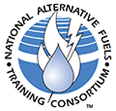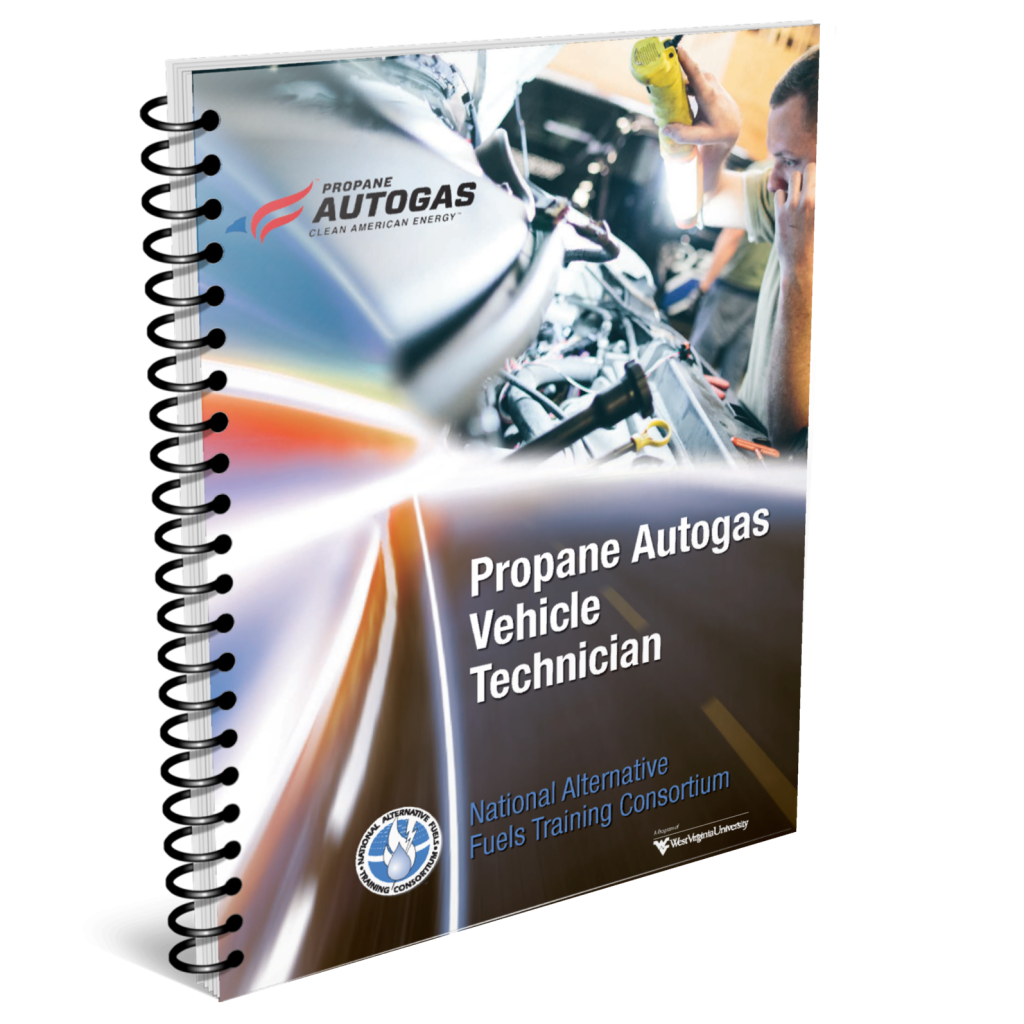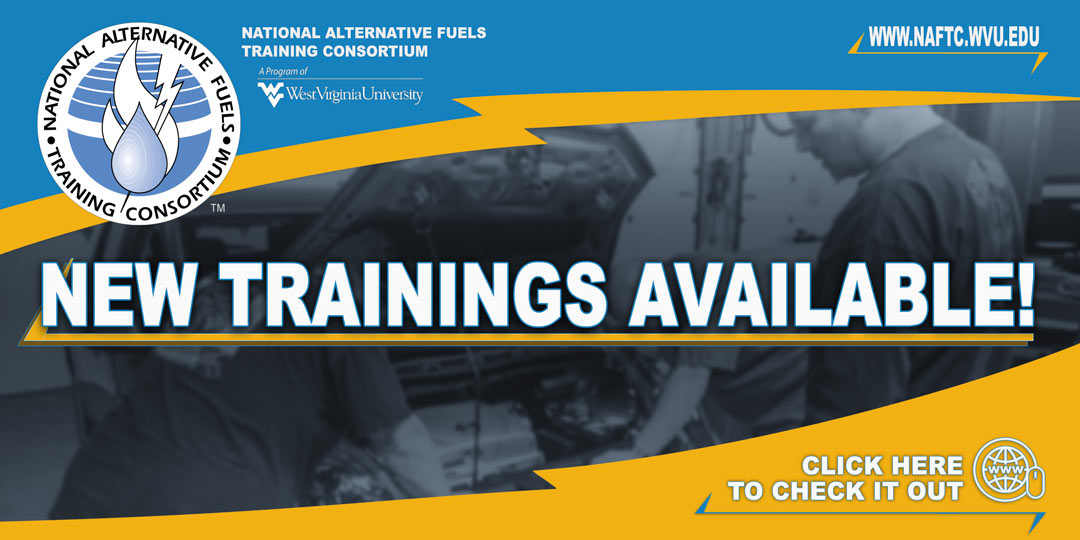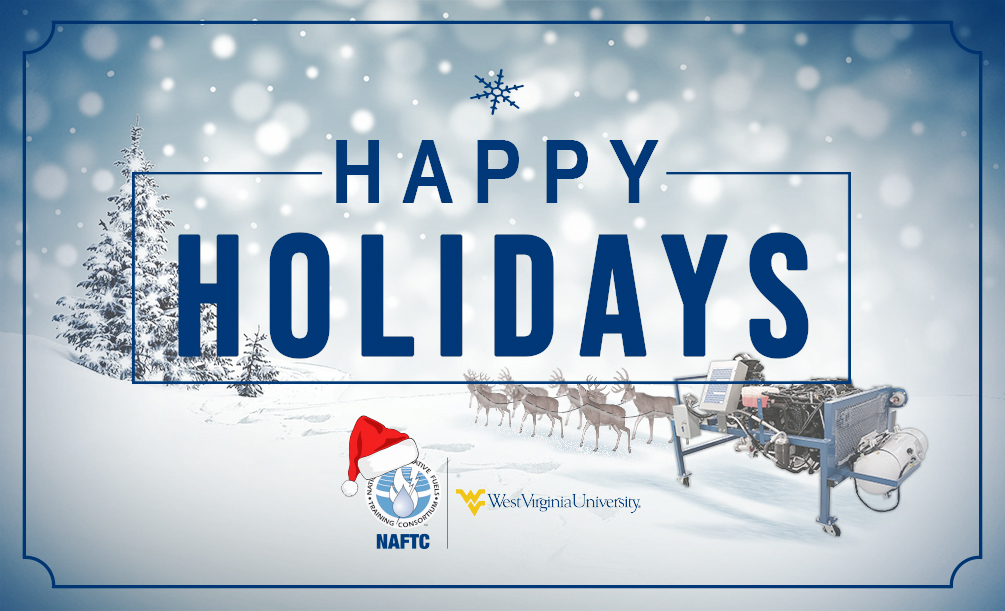Propane Autogas Vehicle Technician Training
Course Description
Available for groups only, this course teaches participants to safely service and maintain propane autogas vehicles. It covers both liquid and vapor-injected propane autogas vehicle systems in addition to converted and factory-made propane autogas vehicles. It covers various components such as injection systems, engine design, fuel systems, and electric controls. Participants learn the properties and characteristics of propane autogas and how vehicles are retrofitted to use propane autogas. Participants also learn how propane autogas is produced, benefits and considerations of using the fuel, and appropriate safety practices.
After completing this course, participants will be able to:
- Understand the different types if propane autogas vehicles and the different fuel systems.
- Identify the various component of propane autogas systems.
- Diagnose and repair propane autogas-fueled vehicles.
- Overcome the unique challenges of retrofitting vehicles to propane autogas.
- Describe the technical aspects of propane autogas systems.
- Repair converted and factory-made propane autgas vehicles.
Modules:
- Propone autogas and other alternative fuels
- Original equipment manufactures and converted vehicles
- System operation for liquid and vapor injection conversion
- Theory of operation for liquid and vapor injection conversion
- How to perform post installation software settings
- Fuel system components
- Electric control systems
- Ignition requirements and controls
- Combustion and engine design
For more information email Trina Wafle at cristina.dumitrescu@mail.wvu.edu or call her (304) 293-7882
Course materials provided:
- Participant Manual – ISBN 978-1-933954-17-2
- Each module contains:
- Illustrations
- Explanatory figures and tables
- Review questions
- Key terms
Course designed for:
- Fleet managers
- Automotive technicians
- Code officials / Authorities Having Jurisdiction (AHJs)
- Construction contractors
- Government officials / decision makers
- Clean Cities coalitions




